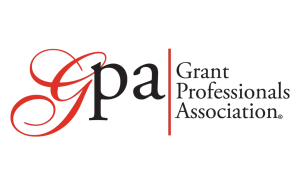The grant deadline is barreling toward you like a freight train. You asked program staff for critical information weeks ago, but still have not received it. They’re ignoring your texts, emails, and phone calls, and you’ve just learned an essential player has gone on vacation.
“Unfortunately, this doomsday scenario is not unusual. Grant professionals consistently lament the lackadaisical response of staff members when asked for data, program details, budget figures, and other essential information,” said Barbara Floersch, grants expert and author of You Have a Hammer: Building Grant Proposals for Social Change.
As in all aspects of grants work, being proactive is vital. As soon as you’ve decided to pursue an opportunity, study the application guidelines with a focus on what you will need from others. Your goal is to identify who needs to give you information, to give staff members specifics about what they must provide, and to allow adequate time for them to respond. Here are a few tips to increase the likelihood of getting exactly what you need when you need it.
- Put information requests in writing. Copy your supervisor and the supervisors of staff members from whom you are seeking assistance.
- Make the request specific. For example, rather than asking for program data, ask for the number of parents who attended health education classes in the last 12 months.
- Ask staff members to inform you right away if they do not have access to the information you need, and to point you in the right direction.
- Provide a clear deadline by which you need the information and ask staff members to inform you immediately if they will be unable to respond in that time frame. Set the date somewhat early to allow wiggle room for emergencies and non-responsive players.
- Shortly before the deadline, send a reminder and, again, copy your supervisor and the supervisors of the staff members with whom you are communicating.
- Be sure to explain why the information you’re requesting is essential to the grant proposal. Stress that their assistance will contribute to the possibility of additional funding to support the organization’s work.
If a staff member is nonresponsive, sound the alarm. Explain that the grant proposal will be compromised without the needed information and ask your supervisor to step in. “Your specific written requests for information, deadlines, and reminders will give you the clout to move the issue up the ladder,” said Floersch.
When you request information respectfully, specifically, and early, and explain why it is critical, staff members are more likely to respond by your deadline. But when they do not, turn up the heat. Keep your touch as light as possible, but you have a job to do, and the health of your organization can be at stake. © Copyright 2022, Barbara Floersch










